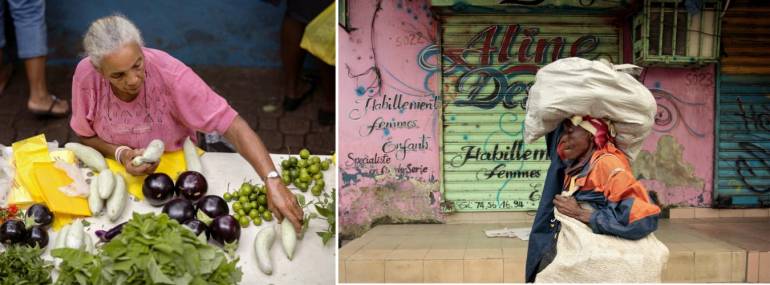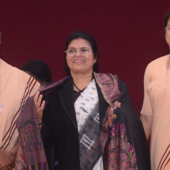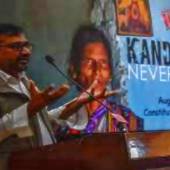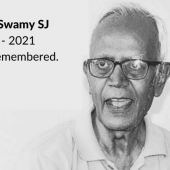World Elder Abuse Awareness Day 2022

World Elder Abuse Awareness Day (WEAAD) occurs annually on June 15.
Today, people learn about the cultural, social, economic, and demographic factors that can lead to abuse and neglect of older people.
The United Nations (UN) says that elder abuse is "a single or repeated act or lack of appropriate action that hurts or upsets an older person in any relationship where trust is expected" (World Awareness Day for Elder Abuse, 2022).
It is a social problem that affects the health and human rights of millions of older people worldwide, so the whole world needs to pay attention to it.
The UN notes that taking advantage of the elderly is a common practice many of us are familiar with. That is one form of elder abuse to consider. When caregivers dot not give necessities like healthy food, the right medicine, a safe place to stay, or help with hygiene, this is often due to neglect. If you see something, say something.
The International Network for the Prevention of Elder Abuse and the World Health Organization started WEAAD on June 15, 2006, as an annual event. In its resolution 66/127, the UN General Assembly made that date World Elder Abuse Awareness Day, a day when everyone on the planet condemns any kind of abuse of older people.
WEAAD aims to allow communities worldwide to foster a better understanding of older people's abuse by bringing attention to the cultural, social, economic, and demographic trends that affect them.
Abuse of the elderly is one of the least-studied types of violence, and national action plans do not talk about it as often as they do about other significant social problems.
How do you respond to elder abuse? The UN says that between 2019 and 2030, the number of people aged 60 or older will grow by 38%, from 1 billion to 1.4 billion. This means that older people will outnumber young people around the world. This growth will be the most significant and fastest in the developing world, which means that older people's unique problems, such as human rights issues, need more attention.
The UN notices that abuse of older people happens in both developing and developed countries, but it is often not reported in most places around the world. Only a few developed countries have rates or estimates of the prevalence of between 1 and 10%.
However, some research says that although there is no exact number of how often the elderly are mistreated, it is clear that this is a social and moral problem. This requires a global and multidimensional response that safeguards the rights of the elderly.
Even though this is not clear, some people think that ways to define, find, and deal with elder abuse should be evaluated based on risk factors unique to that culture. In some traditional societies, widows over 50 are forced to get married; in others, older women living alone are thought to be witches.
Abuse of the elderly will continue to go unnoticed and untreated from both a health and social point of view if the primary health care and social service sectors do not get the tools they need to find and deal with the problem.
Finally, the World Elder Abuse Awareness Day reminds us that all are to care for the elderly with compassion and understanding. Moreover, all have the indispensable obligation and responsibility to protect and promote the elderly peoples’ rights and dignity in a more humane manner. Besides, family members and others are to provide medical needs and sustenance facilities and social services for them.
Radio Veritas Asia (RVA), a media platform of the Catholic Church, aims to share Christ. RVA started in 1969 as a continental Catholic radio station to serve Asian countries in their respective local language, thus earning the tag “the Voice of Asian Christianity.” Responding to the emerging context, RVA embraced media platforms to connect with the global Asian audience via its 21 language websites and various social media platforms.














